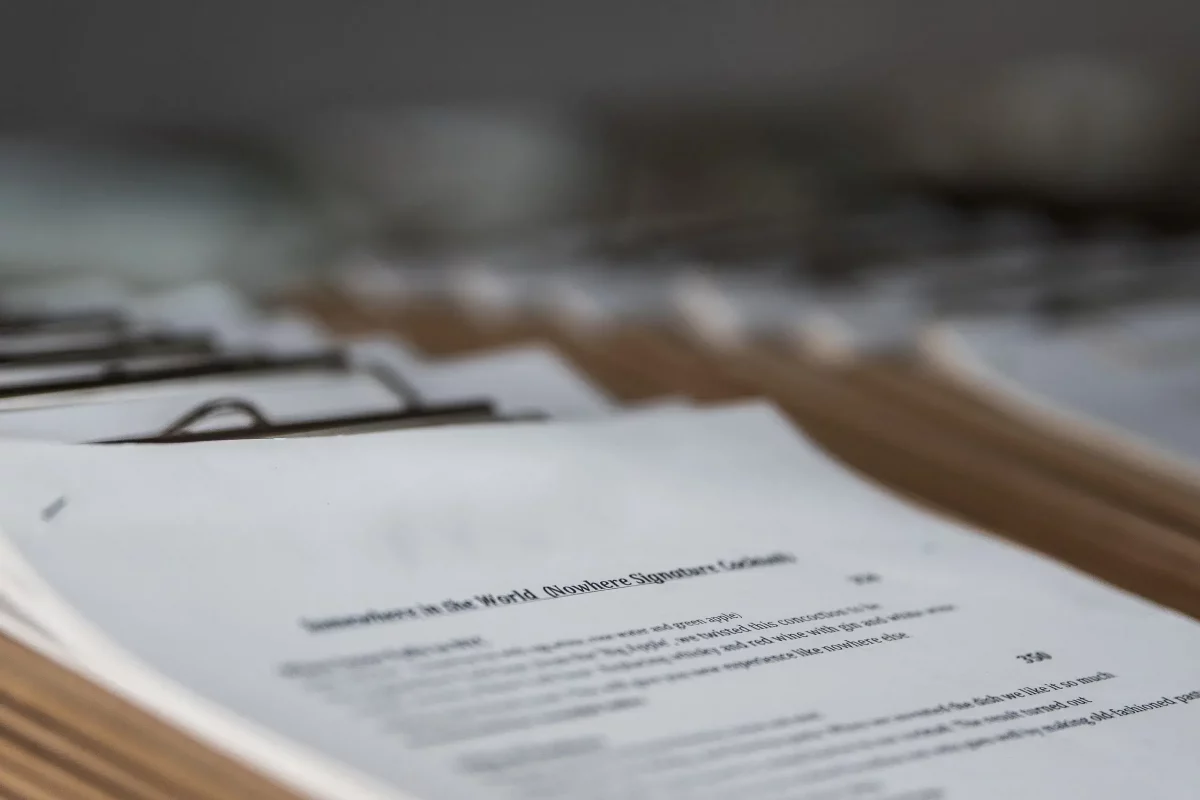China-Singapore DTAA: Double Tax Avoidance Agreement
Singapore-China Relations
We Have Helped Thousands Incorporate In Singapore
Overview of Singapore's Bilateral Agreements With China
Why the China-Singapore Double Tax Treaty?
The DTAA between Singapore and China was a major milestone in the development of Singapore-China bilateral relations. The initial DTAA was signed in 1986. The current version of this agreement was concluded in 2007.
The main purpose of the DTAA serves to relieve the burden of double taxation of income that is earned in one jurisdiction by a resident of the other jurisdiction. The main provisions of the current DTAA are exhaustively covered in the section below.
Scope of the China-Singapore Tax Treaty
What Taxes Will I Owe Under the China-Singapore Double Tax Avoidance Agreement?
In Which Country Will the Income be Taxed?
Type of income or payment
Where it is taxed
Income from immovable property
Business profits
Permanent establishment profits
Profits from shipping and air transport
Dividends
Interest
Royalties
Capital gains
Independent personal services
Dependent personal services
Directors’ fees
Income of artists and sports persons
Pensions and other similar remuneration (including any annuity)
Government services
Payments to students and trainees
Payments that a student or trainee receives for the purpose of his or her maintenance, education or training are not taxed in the country of education (Country A) if:
- A student or trainee is a resident of the other country (Country B)
- A student or trainee is present in Country A solely for the purpose of his or her education or training
- Such payments arise from sources outside of the Country A.
Protect Your Income From Excessive Taxation
Frequently Asked Questions
Related Articles
Double Taxation Agreements Guide
Singapore-India Double Tax Treaty
Singapore's Tax System and Types of Taxes





















